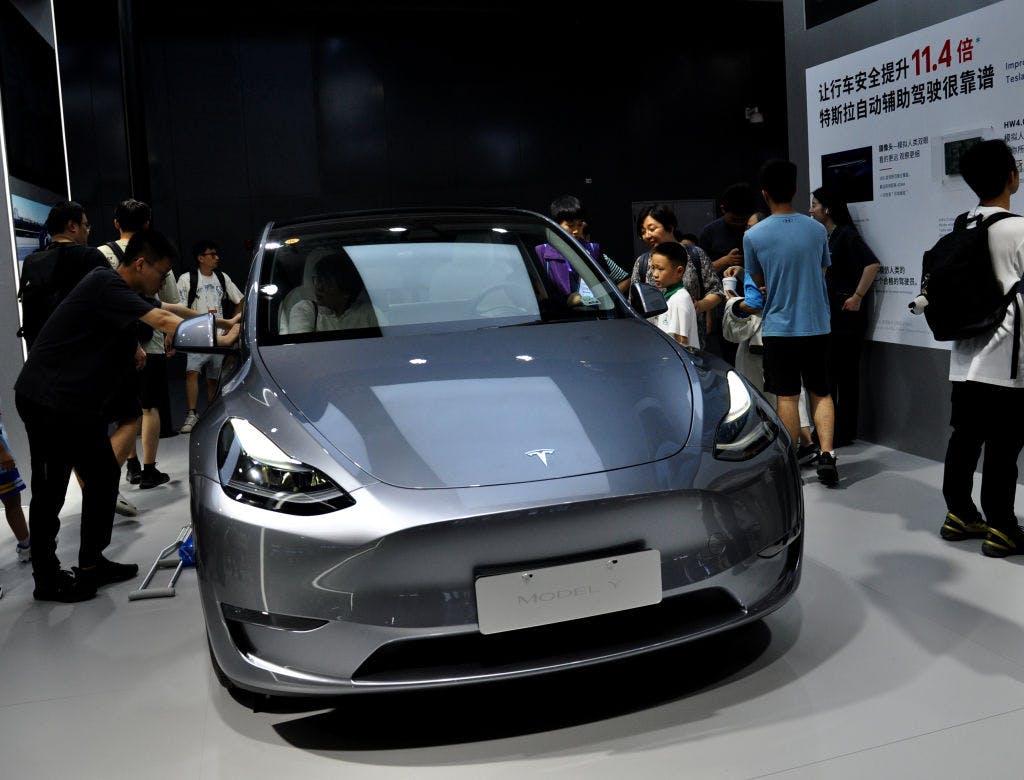Tesla’s market share is down, but its valuation is still sky-high
Tesla’s competitors are elbowing in, but it’s still easily worth more than Ford and GM combined
The New York Times reported yesterday that Tesla’s share of the US electric car market fell below 50%:
Tesla accounted for 49.7% of electric vehicles sales from April through June, down from 59.3% a year earlier as the company led by Elon Musk lost ground to General Motors, Ford Motor, Hyundai and Kia, the research firm, Cox Automotive said. It was the first time the company’s market share fell below 50% in a quarter, according to Cox.
I’d like to share a few stats on Tesla, Ford, and General Motors:
Tesla sells fewer cars than General Motors and Ford. Tesla is also worth ~$500 billion more than General Motors and Ford, combined. Why is that? The market has, for a while, valued Tesla as some combination of a technology company and a growth company due to its position as the market leader in electric vehicles and its high revenue growth.
In April, when the “growth” argument weakened after Tesla posted an 8.5% annual decline in deliveries, I pointed out that because Tesla’s margins were in line with those of traditional auto manufacturers, as opposed to tech companies, and Tesla’s deliveries were flatlining, shouldn’t Tesla’s valuation fall more in-line with auto manufacturers?
And now, Tesla has slipped below 50% market share in the US, its biggest market. I guess, if you wanted, you could have previously made the argument that EVs are inherently more valuable than regular cars because “EVs are the future” (even though their gross margins are similar), and give Tesla a premium valuation as it dominated the EV market. But Tesla now only represents half of the EV market. As EV adoption continues to grow, and competitors increase their EV sales, Tesla’s market share will likely continue to decline (even if its total deliveries increase). My question is this: at what point will the value of Tesla’s EVs converge with the value of other car companies’ EVs? Because right now, either 1) Tesla’s cars are overvalued or 2) competitors’ EVs are undervalued.
Of course, maybe I’m overthinking this, and Tesla will always be worth more than its competitors, combined, regardless of sales, because it’s Tesla, and Tesla has Elon Musk, and you can’t assign a dollar value to their CEO and his… engaged following.
